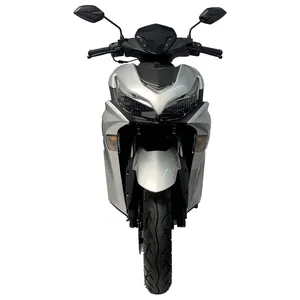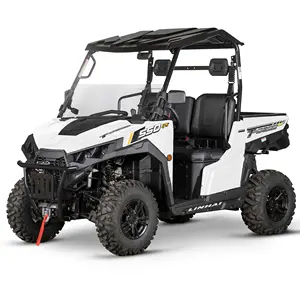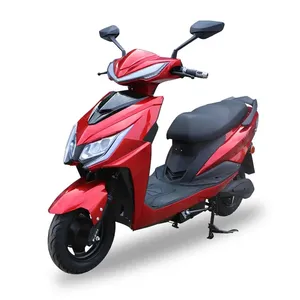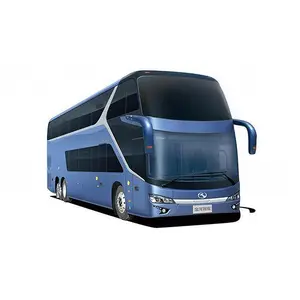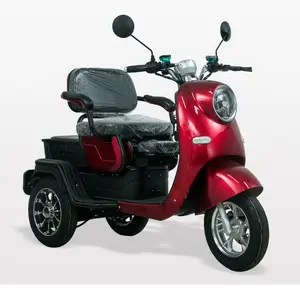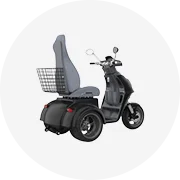Popular in your industry
















































































































































































































Top categories
About 80 ft container
Exploring the Standard 80-Foot Container
Integral to the global trade network, Standard 80-Foot Containers, or ISO containers, are the building blocks of international shipping and logistics. These uniform metal receptacles are engineered to safeguard and convey a diverse array of merchandise over long distances. Their consistent dimensions facilitate seamless integration onto various modes of transport, such as ships, trucks, and trains, streamlining the process for enterprises to distribute substantial product quantities.
Guided by the International Organization for Standardization (ISO), the design of Standard 80-Foot Containers adheres to precise specifications for dimensions and structural integrity, promoting ease of handling and stacking. Typically, these containers span 8 feet in width and 9 feet in height, with lengths varying from 20 to 45 feet. Crafted from robust materials like steel, they are equipped to endure the demands of travel and the pressure of being stacked laden with goods.
Beyond their primary role in cargo shipment, 80-foot containers are also employed as flexible storage solutions or repurposed into makeshift structures on construction sites and mobile offices. Their operational principles are simple: load the containers with merchandise, secure them to mitigate shifting during transit, and transport them to their intended destination. Thanks to their modular nature and transportability, they are indispensable to the global supply chain.
Varieties of Standard 80-Foot Container
The market presents a spectrum of standard 80-foot containers, each tailored with distinct attributes to suit various cargo types. Below is a synopsis of some prevalent varieties:
-
Dry Freight Containers: Predominantly utilized for international trade, these containers are available in multiple sizes and are ideal for dry commodities such as electronics, apparel, and shelf-stable foods.
-
High Cube Containers: Echoing the design of standard containers, high cube variants provide additional vertical space, advantageous for taller goods that exceed standard height limits.
-
Refrigerated Containers: Known as reefer containers, these insulated units are essential for preserving temperature-sensitive goods like foodstuffs, pharmaceuticals, and other perishables during transit.
-
Open Top Containers: Featuring a removable top, these containers allow for top-loading of bulky cargo such as certain food products, machinery, or recyclable materials.
-
Flat Rack Containers: With an open deck and collapsible sides, flat rack containers facilitate the loading of oversized items from above or the sides, commonly used for transporting heavy machinery in the construction sector.
Each container type is designed with particular material characteristics and cargo security considerations to fulfill its respective use cases.
Selecting the Right Standard 80-foot Container
When choosing standard 80-foot containers for your logistical needs, bear in mind several key factors:
-
Material: Material selection—be it steel, aluminum, or variants like Corten steel—should correspond with the cargo's nature and the environmental conditions encountered. For example, Corten steel is advisable for voyages through severe marine climates.
-
Size: Container size is critical. It must match the cargo's volume and characteristics, as well as the transport vehicle's capacity. For bulkier items or larger quantities, consider larger or multiple containers.
-
Features: Specific features such as doors for easy access or flat rack capabilities for large, non-enclosed items may be necessary based on your requirements. Custom modifications like reinforced structures or specialized flooring should also be contemplated.
-
Color: While practicality is paramount, aesthetics can be important, particularly if the container will be visible to clients or situated in public areas. Colors like blue, white, or red can influence the container's visual integration with its environment.
Discovering Standard 80-foot Containers on Alibaba.com
Alibaba.com distinguishes itself as a leading online marketplace, bridging businesses with a comprehensive network of suppliers that offer an extensive selection of shipping container solutions. With a track record spanning over two decades in global trade facilitation, Alibaba.com is a byword for dependability and diversity in its product range.
Shoppers on Alibaba.com benefit from an unmatched variety of standard 80-foot containers customizable to specific business needs. Whether seeking containers with specialized flooring such as aluminum or steel, or eco-conscious options aligned with sustainability objectives, Alibaba.com's suppliers are equipped to fulfill these requirements.
Alibaba.com's dedication to simplifying international trade is reflected in its intuitive platform, supporting multiple languages and a mobile-optimized shopping experience. With safeguards like Trade Assurance, which secures payments until delivery is confirmed, businesses can transact with confidence, assured of engaging with verified suppliers committed to customer satisfaction. This emphasis on a reliable shopping experience positions Alibaba.com as the go-to resource for businesses globally to source standard 80-foot containers with efficiency and security, without compromising on service or choice.
Common FAQs for Standard 80-foot Container
What are the dimensions of a standard 80-foot container?
Typically referred to as a high cube, the standard 80-foot container measures 9.6 meters in length, 2.7 meters in height, and 2.39 meters in width. Maximum payloads may vary based on the cargo type.
How can I identify the appropriate 80-foot container for my business?
Assess your cargo's characteristics, including size, weight, and specific transportation needs, to determine if a general-purpose, high-cube, or refrigerated container is most suitable.
What distinguishes a high cube from a refrigerated container?
A high cube container provides additional vertical storage capacity, ideal for bulky cargo, whereas a refrigerated container maintains a designated temperature range to preserve the integrity of temperature-sensitive goods.
Are 80-Foot Containers suitable for all cargo types?
While 80-Foot Containers offer versatility, it is crucial to align the container type with the cargo's unique requirements, such as refrigeration for perishable goods or ventilation for items necessitating airflow.
Is customization available for 80-Foot Containers?
Certainly, 80-Foot Containers can be tailored with specific design features, construction modifications, and additional functionalities to meet unique business demands.
What is the purpose of a refrigerated 80-Foot Container?
Designed for the transportation of temperature-sensitive products, a refrigerated 80-Foot Container ensures precise temperature control to maintain product quality during shipment.
How can I verify the quality of an 80-Foot Container before purchase?
Engage with reputable suppliers who provide comprehensive product details and consider employing inspection services or quality assurance protocols to confirm the container's condition and its suitability for your business.
Are there restrictions on shipping certain goods in 80-Foot Containers?
Shipping regulations may differ based on cargo type. For example, perishable items might necessitate refrigerated containers, while hazardous materials could require specialized containers with enhanced safety features.
How does seasonality influence the selection of 80-Foot Containers?
Seasonal factors can affect container availability and pricing. Additional precautions may be needed in extreme weather to safeguard the cargo from temperature fluctuations.
What should be considered when choosing an 80-Foot Container for international shipping?
Key considerations include the cargo's perishability, necessary temperature zones, potential customs regulations related to the cargo's contents, and any specific handling or safety requirements.
How do I ascertain if a supplier's 80-Foot Container meets my business needs?
Compare the supplier's product specifications with your business criteria. Opt for suppliers with experience in managing similar cargo types and those offering requisite services such as inspection or installation.
Can 80-Foot Containers be utilized for storage?
Absolutely, 80-Foot Containers are crafted for secure storage and transport of goods, serving as temporary storage solutions or integral parts of the logistics network.
